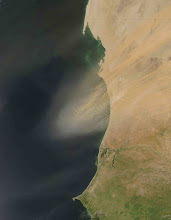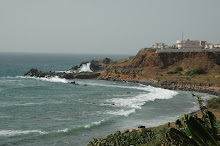 I heard a very interesting lecture on the radio tonight. Entitled "The Meaning and Value of Political Apology," it was an insightful analysis of the reasons for, and the effects and limitations of "political apologies"--when a government apologizes for the nation's past actions, perhaps decades or centuries after the fact.
I heard a very interesting lecture on the radio tonight. Entitled "The Meaning and Value of Political Apology," it was an insightful analysis of the reasons for, and the effects and limitations of "political apologies"--when a government apologizes for the nation's past actions, perhaps decades or centuries after the fact.The text of the lecture is available as a pdf file at the following site. It is fairly brief (8 pages, with lots of white space), and worth reading if you've ever wondered about the value, or even the legitimacy of such apologies.
http://www.ony.unu.edu/middayforum/May%2023%20Apology/Political%20Apology%20Speech%20Handout%20Version.pdf.
The author and speaker was French Jean-Marc Coicaud, a young but experienced diplomat, who has co-written several books on international law and human rights, and who currently heads UNU's New York Office (UNU-NYO).
Photo of Jean-Marc Coicaud unattributed.
Source: http://update.unu.edu/archive/issue34_21.htm






